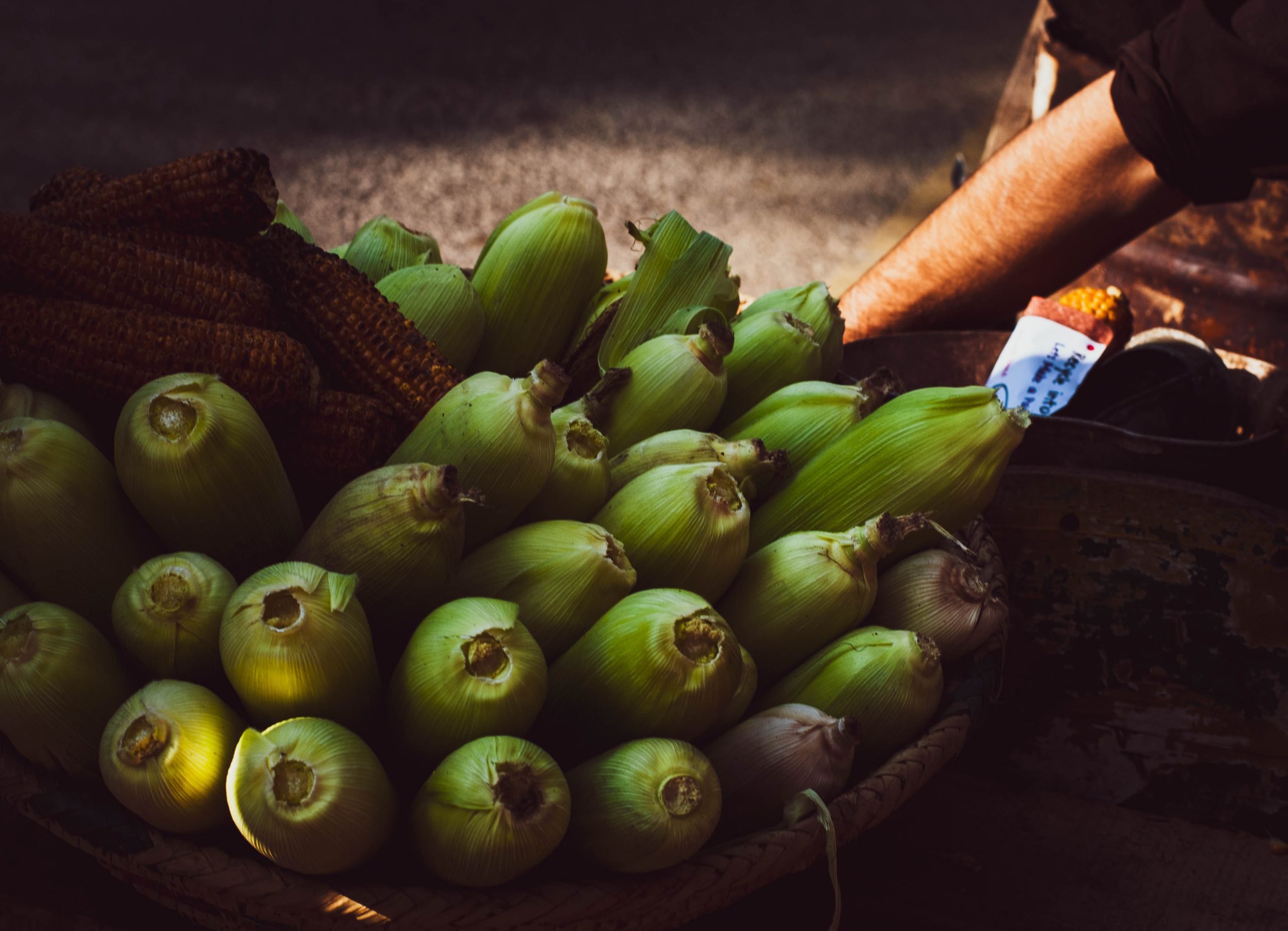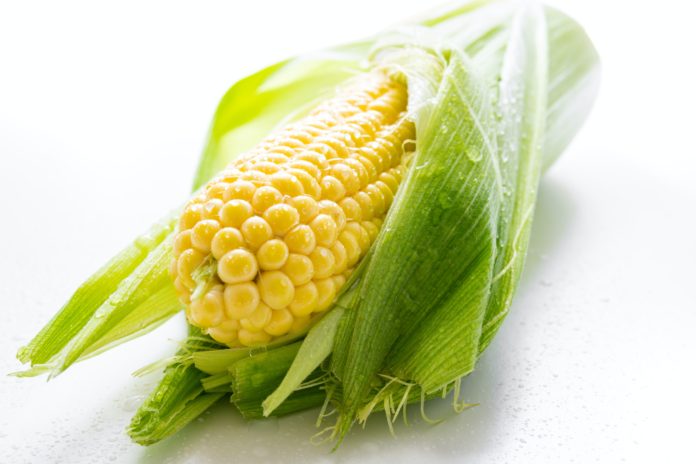By Wahinya Henry
Nairobi, Kenya: A ban imposed almost a decade ago on the importation of Genetically Modified (GM) products has done more harm than good to members of the business community with the intent to engage to trade in the products.
And now, stakeholders in the science of biotechnology want the government to lift the ban.
As the country moves closer towards the journey to adopt GM crops like Bt Cotton, Bt Maize, and a cassava variety developed by local researchers that is resistant to disease.
Kenya’s principal bt maize researcher, Dr. Stephen Mugo says the two decades he has put researching on the crop risk going to waste if the ban is not lifted for trade-in biotech products to flourish.
Dr. Mugo said during a conference for biotech stakeholders organized and coordinated by the Nairobi-based center director of International Service for the Acquisition of Agri-biotech Applications (ISAAA), Dr. Margret Karembu.
“The 2012 ban stifled commercialization of Gm crops in Kenya while the potential in seed trade livestock feed remains unexploited at the country continues to engage in imports a solution lies with us.”
The Africa Biennial Biosciences Communication (ABBC 2021) symposium ran concurrently across Ethiopia, Ghana, Kenya, Malawi, Nigeria, and Uganda.
The platform that is the fourth one to be held in the continent presented a platform for biosciences stakeholders to actively exchange experiences and best practices towards improving bioscience communications regarding biotech crops.
According to Dr. Karembu, The ABBC 2021 Symposium ran under the theme “Accelerating Africa’s Biotech Tipping Point: Taking Stock and Celebrating the Gains.”
Reflections on the progress that African countries have made in the adoption of biotech crops were discussed and strategies on how to harness the gains for the continent’s journey to self-reliance developed.

The outcome, to be presented to the African Union relevant organs, will act as a catalyst to strengthen linkages between research, production, and value-addition of our agricultural commodities with a focus on agri-biotech crops and those developed using new breeding tools.
The ABBC symposium, which is an African-based and African-led platform, provides an opportunity to interrogate innovative communication approaches to address gaps in communicating bioscience technologies and innovations.
It plays a fundamental role in addressing pressing communication issues needed to propel biosciences innovations in the continent.
Being the first of its kind in the region, it plays a fundamental role in addressing pressing communication issues needed to propel biosciences innovations in Africa.
According to Mugo, food imports by Kenya lead to loss of vital foreign exchange while the country is in dire need of while by lifting the ban the cost of livestock feed will come down if GM yellow maize is imported into the country.
Anyone caught breaking the ban faces a $230,000 fine or 10 years in prison, according to the FAS officials in Nairobi.
The ban was put in place by the then Health Minister Beth Mugo after reading a debunked study showing GE food caused cancer in rats.
Mugo left office in 2012, but the ban remains in place, even as the country’s research into biotechnology continues.
“The lifting of the ban will lead to food security, create jobs and opportunities in the manufacturing sector such as cloth-making and opening up of ginneries resuscitated,” Dr. Mugo said.
According to Dr. Rufus Ebegba, Chair, Africa Union Biosafety Regulators Forum, African countries have always been slow in adopting new technologies.
Kenyan farmers are for the first time ever planting Bt cotton as the country hopes to save its textile industry.
Bayer Science and the Kenya Agricultural & Livestock Research Organization (KALRO) developed the cotton — which is resistant to the African bollworm — that is going into the field from March through April.
“Cotton is a commercial venture there and they just recently approved Bt cotton, and it’s gone into the hands of over 1,000 farmers in Kenya,” said John McMurdy, director of emerging markets & development partnerships for CropLife International.
But Kenya’s ban on imports of genetically engineered food and seeds remains in place.
When the United Nations’ World Food Programme wants to deliver food aid to Kenya, it cannot include the popular humanitarian assistance of corn-soy blend because it contains GMO’s, say officials with USDA’s Foreign Agricultural Service in Nairobi.
The WFP cannot even use Kenya’s major port of Mombasa to transport the products to inland East African countries without ocean access.
With an estimated 2 million people dependent on food assistance in Kenya in 2019, the ban on food aid containing GE products continues to put those already acutely food insecure at even greater risk,” according to an analysis by the U.S. Grains Council, National Corn Growers Association and Corn Refiners Association.














